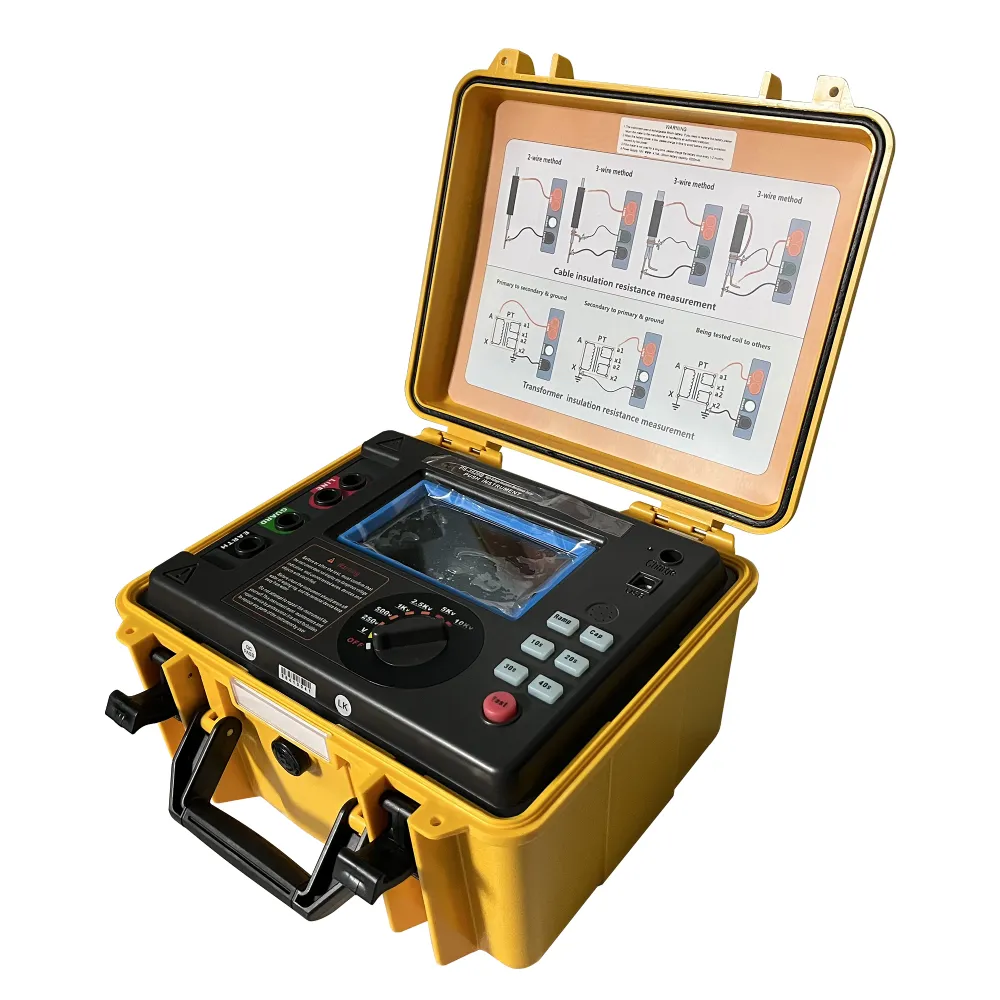 English
English



-
 Afrikaans
Afrikaans -
 Albanian
Albanian -
 Amharic
Amharic -
 Arabic
Arabic -
 Armenian
Armenian -
 Azerbaijani
Azerbaijani -
 Basque
Basque -
 Belarusian
Belarusian -
 Bengali
Bengali -
 Bosnian
Bosnian -
 Bulgarian
Bulgarian -
 Catalan
Catalan -
 Cebuano
Cebuano -
 China
China -
 China (Taiwan)
China (Taiwan) -
 Corsican
Corsican -
 Croatian
Croatian -
 Czech
Czech -
 Danish
Danish -
 Dutch
Dutch -
 English
English -
 Esperanto
Esperanto -
 Estonian
Estonian -
 Finnish
Finnish -
 French
French -
 Frisian
Frisian -
 Galician
Galician -
 Georgian
Georgian -
 German
German -
 Greek
Greek -
 Gujarati
Gujarati -
 Haitian Creole
Haitian Creole -
 hausa
hausa -
 hawaiian
hawaiian -
 Hebrew
Hebrew -
 Hindi
Hindi -
 Miao
Miao -
 Hungarian
Hungarian -
 Icelandic
Icelandic -
 igbo
igbo -
 Indonesian
Indonesian -
 irish
irish -
 Italian
Italian -
 Japanese
Japanese -
 Javanese
Javanese -
 Kannada
Kannada -
 kazakh
kazakh -
 Khmer
Khmer -
 Rwandese
Rwandese -
 Korean
Korean -
 Kurdish
Kurdish -
 Kyrgyz
Kyrgyz -
 Lao
Lao -
 Latin
Latin -
 Latvian
Latvian -
 Lithuanian
Lithuanian -
 Luxembourgish
Luxembourgish -
 Macedonian
Macedonian -
 Malgashi
Malgashi -
 Malay
Malay -
 Malayalam
Malayalam -
 Maltese
Maltese -
 Maori
Maori -
 Marathi
Marathi -
 Mongolian
Mongolian -
 Myanmar
Myanmar -
 Nepali
Nepali -
 Norwegian
Norwegian -
 Norwegian
Norwegian -
 Occitan
Occitan -
 Pashto
Pashto -
 Persian
Persian -
 Polish
Polish -
 Portuguese
Portuguese -
 Punjabi
Punjabi -
 Romanian
Romanian -
 Russian
Russian -
 Samoan
Samoan -
 Scottish Gaelic
Scottish Gaelic -
 Serbian
Serbian -
 Sesotho
Sesotho -
 Shona
Shona -
 Sindhi
Sindhi -
 Sinhala
Sinhala -
 Slovak
Slovak -
 Slovenian
Slovenian -
 Somali
Somali -
 Spanish
Spanish -
 Sundanese
Sundanese -
 Swahili
Swahili -
 Swedish
Swedish -
 Tagalog
Tagalog -
 Tajik
Tajik -
 Tamil
Tamil -
 Tatar
Tatar -
 Telugu
Telugu -
 Thai
Thai -
 Turkish
Turkish -
 Turkmen
Turkmen -
 Ukrainian
Ukrainian -
 Urdu
Urdu -
 Uighur
Uighur -
 Uzbek
Uzbek -
 Vietnamese
Vietnamese -
 Welsh
Welsh -
 Bantu
Bantu -
 Yiddish
Yiddish -
 Yoruba
Yoruba -
 Zulu
Zulu
Contact Resistance Measurement Equipment for Electrical Safety Testing and Quality Assurance
Understanding Contact Resistance Test Sets Importance and Applications
Contact resistance testing is a crucial aspect in electrical engineering, particularly in ensuring the reliability and efficiency of electrical connections. In various applications, from power distribution systems to industrial machinery, the quality of electrical contacts significantly impacts overall performance and safety. This is where contact resistance test sets come into play.
A contact resistance test set is a specialized instrument designed to measure the resistance encountered at electrical connections. These connections can occur in circuit breakers, connectors, busbars, and other critical electrical components. The resistance at these junctions, often referred to as contact resistance, can lead to energy losses, overheating, and ultimately failure if not properly managed.
One of the main reasons for conducting contact resistance tests is to prevent potential failures in electrical systems. Over time, the connections may corrode, oxidize, or develop mechanical wear, increasing the contact resistance. When resistance increases, it leads to higher temperatures and energy losses, which can cause significant damage to equipment and pose safety hazards.
contact resistance test set

Contact resistance test sets typically operate by passing a controlled current through the electrical connection while simultaneously measuring the voltage drop across the contact. The resistance is then calculated using Ohm’s Law (R = V/I). Modern test sets offer various functionalities, including programmable test currents, automatic measurements, and data logging features. These enhanced capabilities make it easier for engineers and technicians to diagnose potential problems and maintain the integrity of electrical systems.
The importance of contact resistance testing cannot be overstated, especially in high-stakes environments such as power generation and distribution, railways, and large industrial installations. Regular testing helps in identifying failing connections before they lead to operational downtime or safety incidents.
There are various standards and guidelines governing contact resistance testing, such as IEEE 488 and ASTM standards. These standards help ensure consistent testing procedures and reliable results, making it essential for professionals to be familiar with them.
In conclusion, contact resistance test sets are invaluable tools for ensuring the reliability and safety of electrical connections. By regularly testing contact resistance, engineers can prevent equipment failures, enhance system performance, and ultimately promote a more efficient and safe electrical infrastructure. As technology continues to advance, it is expected that testing methods and equipment will become even more sophisticated, enabling more precise diagnostics and improved outcomes in the electrical field.
-
Testing Equipment Industry Sees Major Advancements in 2025: Smart & Precision Technologies Lead the WayNewsJun.06,2025
-
Applications of Direct Current Generators in Renewable Energy SystemsNewsJun.05,2025
-
Hipot Tester Calibration and Accuracy GuidelinesNewsJun.05,2025
-
Digital Circuit Breaker Analyzer Features and BenefitsNewsJun.05,2025
-
Benefits of Real-Time Power Quality Monitoring Devices for Industrial EfficiencyNewsJun.05,2025
-
Earth Fault Loop Testing in High-Rise Building Electrical SystemsNewsJun.05,2025



